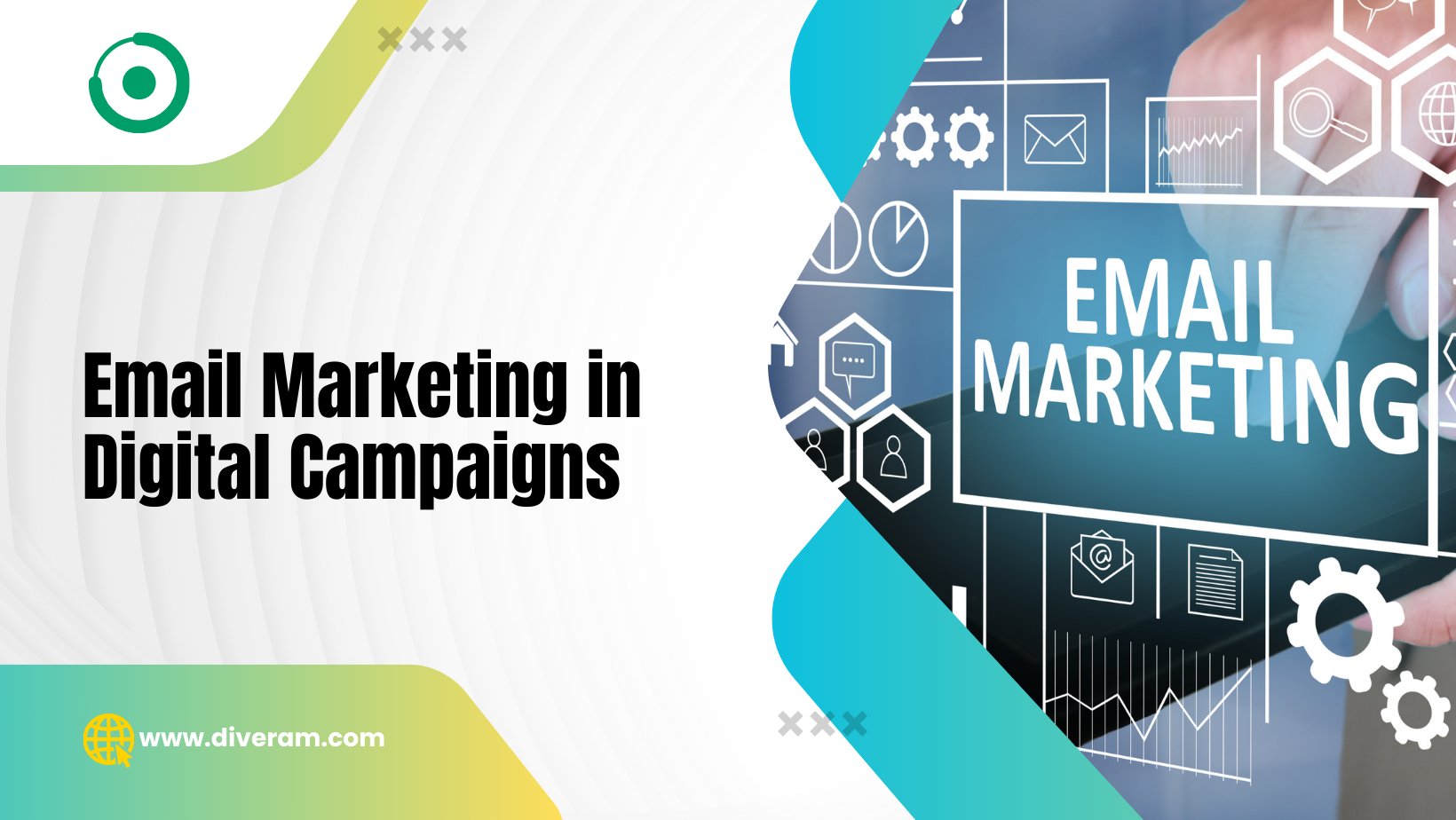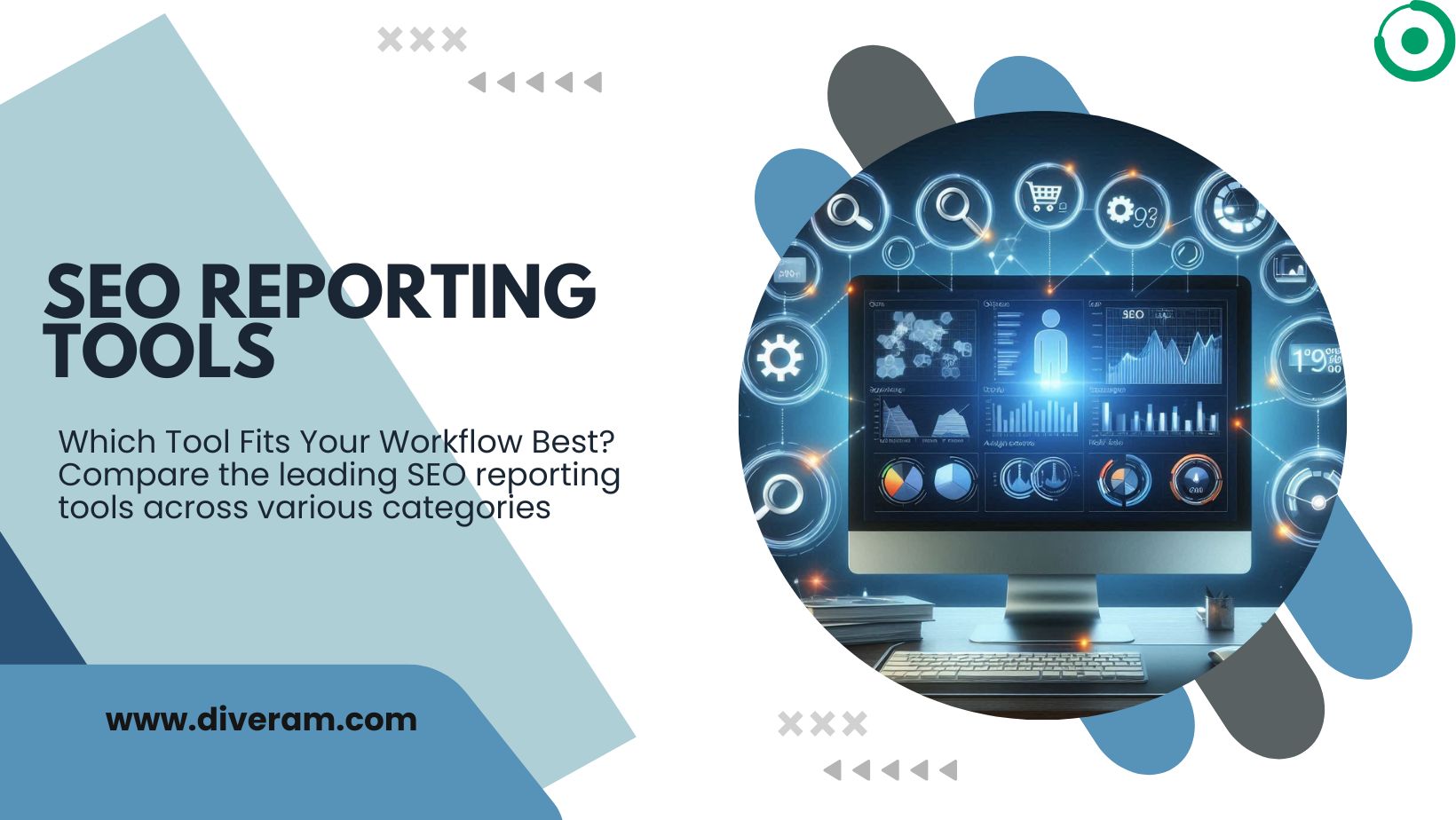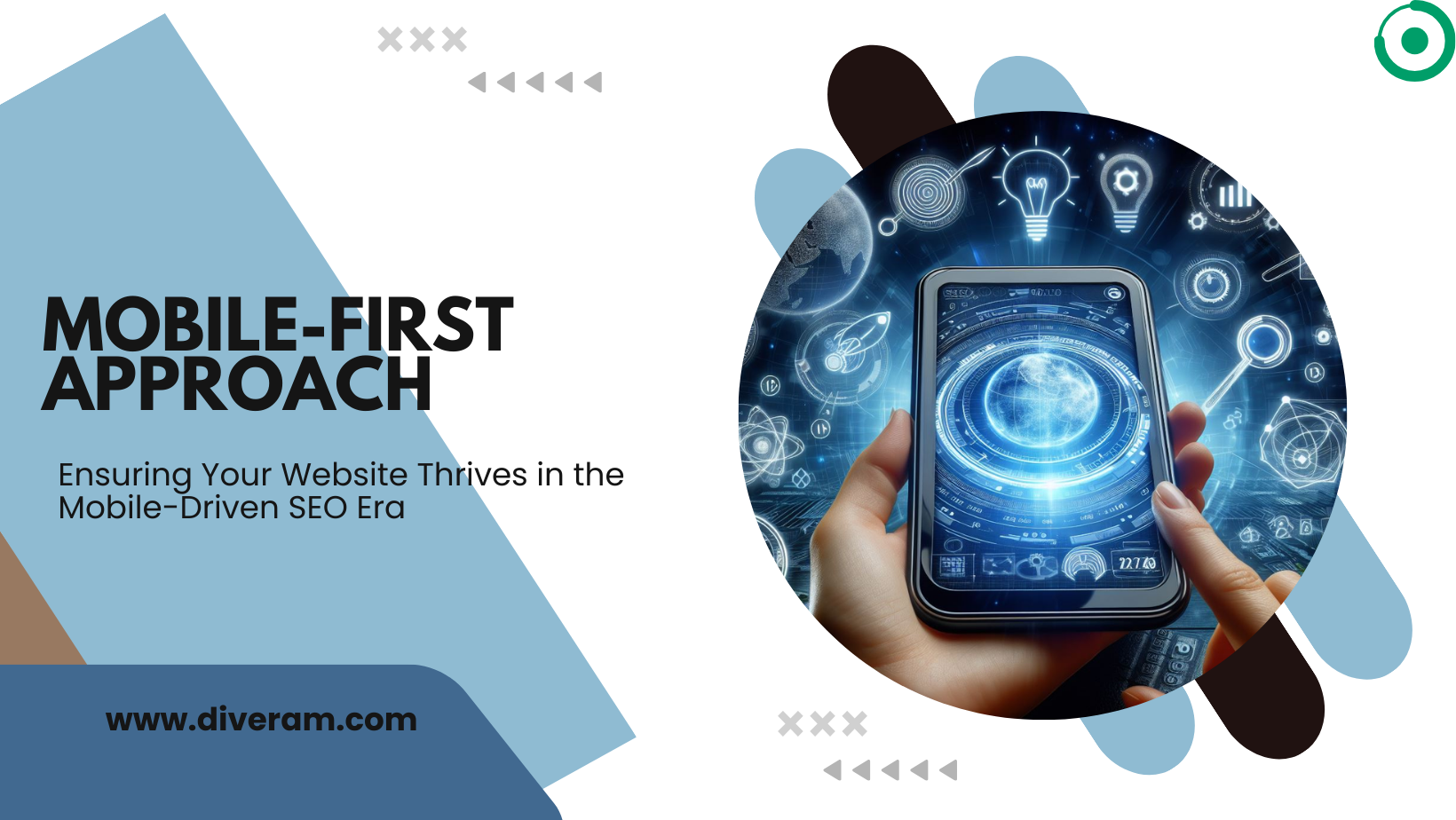Email Marketing in Digital Campaigns

Introduction:
In today’s digital age, businesses strive to connect with their target audience effectively. Digital marketing has emerged as a powerful tool for brands to engage, attract, and convert customers. Among the various channels available, email marketing plays a pivotal role in driving successful digital campaigns. In this blog post, we will explore the significant role of email marketing and how it can help businesses build relationships, drive website traffic, increase brand awareness, and ultimately boost conversions.
Why Email Marketing Matters in Digital Campaigns:
- Building and Nurturing Customer Relationships:
Email marketing enables businesses to establish and nurture valuable relationships with their customers. Through personalised and targeted emails, brands can deliver relevant content, tailored offers, and valuable information directly to subscribers’ inboxes. By segmenting their email lists and using automation, businesses can send timely and personalised emails, increasing the chances of engagement and loyalty. This targeted approach helps build trust and strengthens the bond between the brand and its customers.
- Driving Website Traffic and Conversions:
One of the key benefits of email marketing is its ability to drive traffic to websites and boost conversions. By including compelling call-to-action buttons and links within emails, businesses can encourage subscribers to click through to their websites. Whether it’s promoting new blog posts, announcing special offers, or showcasing new products, email marketing serves as a powerful driver of website traffic. Furthermore, optimising landing pages for conversions and ensuring a seamless user experience can help businesses capitalise on the increased traffic generated through email campaigns.
- Increasing Brand Awareness and Engagement:
Email marketing plays a crucial role in increasing brand awareness and engagement. By consistently delivering visually appealing and branded email templates, businesses can create a strong brand image. Newsletters, event invitations, and exclusive content sent via email help businesses stay top-of-mind with their audience, driving engagement and fostering brand loyalty. Through strategic email marketing, brands can ensure their message reaches their target audience and effectively engages them, leading to increased brand recognition and recall.
Best Practices for Effective Email Marketing in Digital Campaigns:
- Building a Quality Email List:
Building a quality email list is paramount for successful email marketing campaigns. Businesses should focus on growing an organic and engaged list of subscribers. This can be achieved through various strategies, such as utilising well-designed opt-in forms, offering valuable lead magnets, and promoting sign-ups on social media platforms. It is crucial to obtain permission from subscribers to ensure compliance with regulations and maintain a positive sender reputation.
- Creating Compelling Email Content:
Compelling email content is the backbone of successful email marketing. Businesses should focus on crafting attention-grabbing subject lines that entice recipients to open their emails. The email copy should be well-written, concise, and tailored to the audience’s interests and pain points. Additionally, incorporating visually appealing elements like images, videos, and infographics can enhance the overall impact of the email and increase engagement.
- Optimising for Mobile Devices:
With the widespread use of smartphones and tablets, optimising emails for mobile devices is essential. Businesses should ensure that their email templates are mobile-friendly and responsive. This ensures that subscribers can easily read and interact with the emails, regardless of the device they are using. Testing emails across different devices and email clients is crucial to ensure a consistent and seamless experience for all recipients.
- Tracking and Analysing Email Campaign Performance:
To maximise the effectiveness of email marketing campaigns, businesses must track and analyse key email metrics. Open rates, click-through rates, conversion rates, and subscriber engagement are all crucial metrics to monitor. By utilising email analytics tools, businesses can gain valuable insights into their campaign performance and make data-driven decisions to optimise future campaigns. A/B testing is another valuable technique that allows businesses to experiment with different email elements and determine what resonates best with their audience.
Conclusion:
Email marketing plays a pivotal role in digital campaigns, allowing businesses to build strong relationships with customers, drive website traffic, and increase brand awareness. By implementing best practices such as building quality email lists, creating compelling content, optimising for mobile devices, and tracking campaign performance, businesses can harness the power of email marketing to achieve their digital marketing goals. Leveraging the unique advantages of email marketing can result in enhanced customer engagement, increased conversions, and ultimately, business success in the digital landscape.
By following these guidelines and implementing effective email marketing strategies, businesses can unlock the full potential of their digital campaigns and establish a competitive edge in today’s dynamic digital marketing landscape.




